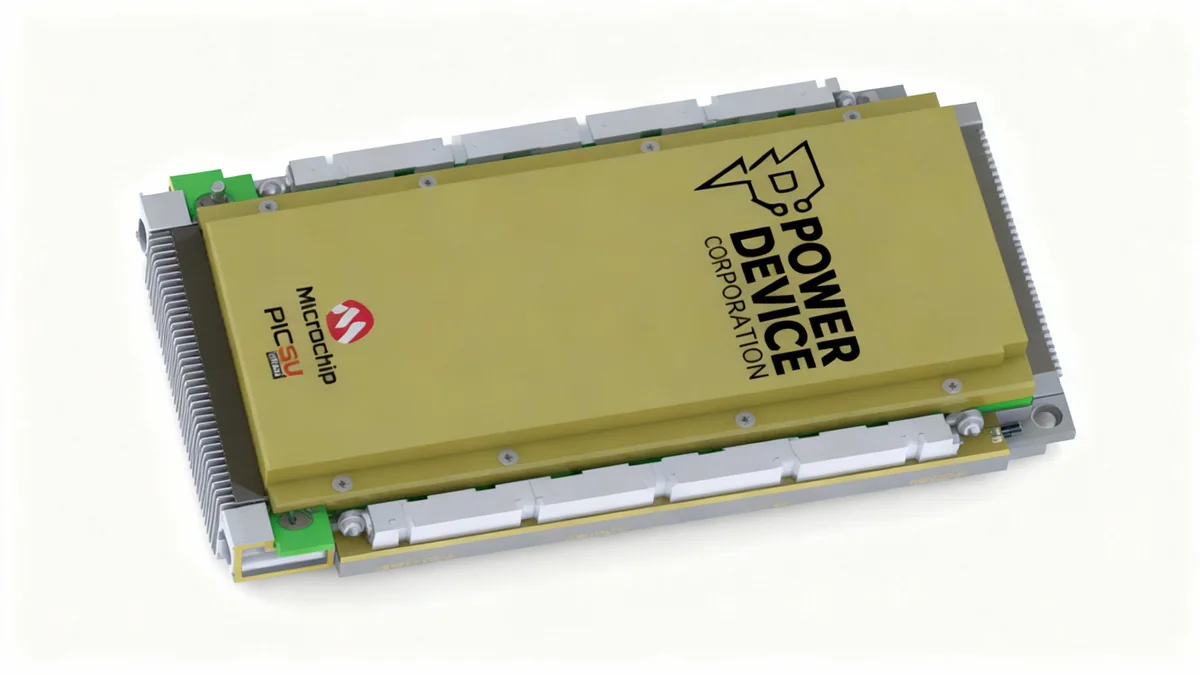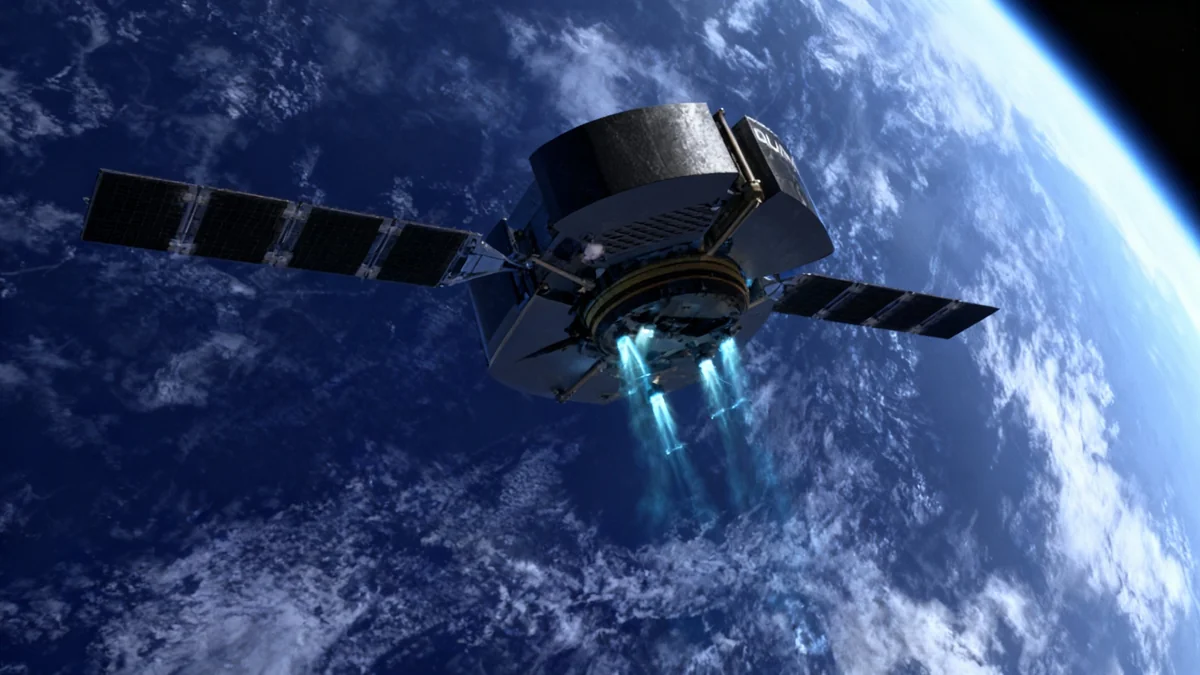Power Device Corporation (PDC), a company with a long history in space electronics, has announced the release of a new high-performance computer designed for the extreme conditions of space. The new system, named the Osiris Computer Module, aims to provide powerful processing capabilities for a new generation of satellites, planetary landers, and launch vehicles.
The module integrates a powerful microprocessor from Microchip Technology, delivering significant computational power in a compact and durable format. This development is expected to support more complex data processing and command functions for future space exploration and commercial satellite operations.
Key Takeaways
- Power Device Corporation (PDC) has released the Osiris Computer Module, a new Single Board Computer (SBC) for space applications.
- The system uses Microchip Technology’s PIC64-HPSC microprocessor, offering up to 26,000 DMIPS and 1 TFLOPS of processing power.
- It is available in three configurations: a development board, a radiation-tolerant version, and a fully radiation-hardened version.
- The Osiris module is designed for use in satellites, launchers, planetary rovers, and payload processing systems.
A New Brain for Demanding Spacecraft
The core of the Osiris module is its processing power. By incorporating Microchip Technology's PIC64-HPSC microprocessor, the computer can handle data-intensive tasks that are becoming more common in modern space missions. These tasks include real-time payload data analysis, complex command and control operations, and autonomous navigation for rovers and landers.
The system is built on a 3U SpaceVPX form factor, a standardized format that ensures compatibility with a wide range of spacecraft designs. This approach helps mission designers integrate the computer into their systems more easily, reducing development time and costs. The focus on a compact, power-efficient design addresses the critical SWaP (Size, Weight, and Power) constraints inherent in all space missions.
What is Radiation Hardening?
Space is filled with high-energy particles from the sun and cosmic rays. This radiation can disrupt or permanently damage standard electronic components. Radiation hardening is the process of designing and manufacturing electronics to withstand these effects, ensuring that critical systems on a spacecraft can operate reliably for years in deep space.
Designed for Reliability in Harsh Environments
Power Device Corporation has emphasized the module's reliability, drawing on its more than 25 years of experience in providing space-qualified electronics. The Osiris computer builds upon the company’s legacy of flight-proven systems, many of which have achieved Technology Readiness Level 9 (TRL-9), the highest level of technological maturity.
To ensure performance in the harsh radiation environment of space, the Osiris module is offered in several configurations. A radiation-tolerant model provides protection for missions in lower Earth orbit, while a fully radiation-hardened version is available for deep space exploration and missions to other planets where radiation levels are much higher. This flexibility allows mission planners to select the level of protection that matches their specific needs and budget.
Performance at a Glance
- Processing Power: Up to 26,000 DMIPS (Dhrystone Million Instructions Per Second)
- Floating Point Operations: Up to 1 TFLOPS (Trillion Floating-point Operations Per Second)
- Form Factor: 3U SpaceVPX
- Heritage: Based on TRL-9 flight-proven technology
Streamlining Development for Mission Designers
Beyond its hardware capabilities, PDC aims to make the Osiris module accessible for engineers and software developers. The company is offering a software development kit that allows teams to begin prototyping and testing their applications quickly. This kit provides accessible I/O (Input/Output) ports, enabling rapid integration with other hardware and sensors.
The company also plans to release a board support package, which will further simplify the software development process. By providing these tools, PDC intends to lower the barrier to entry for developing sophisticated software for space applications, enabling more innovation in areas like autonomous systems and on-board data processing.
Broad Applications Across the Space Industry
The Osiris Computer Module is designed for a wide array of uses within the aerospace and defense sectors. Its high performance and rugged design make it suitable for several critical applications:
- Satellites: Managing communications, Earth observation data, and on-board systems for commercial and government satellites.
- Launch Vehicles: Providing reliable command and control during the critical phases of a rocket launch.
- Payload Processing: Handling large volumes of data generated by scientific instruments and sensors in real time.
- Landers & Rovers: Powering the autonomous navigation, scientific analysis, and communication systems for planetary exploration missions.
With its headquarters in Bohemia, New York, and manufacturing facilities in California and the United Kingdom, Power Device Corporation has been a supplier of high-reliability components for the aerospace industry for over 60 years. The company confirmed that the Osiris Computer Module is now available for order, positioning it as a key component for the next wave of space exploration and satellite infrastructure.





